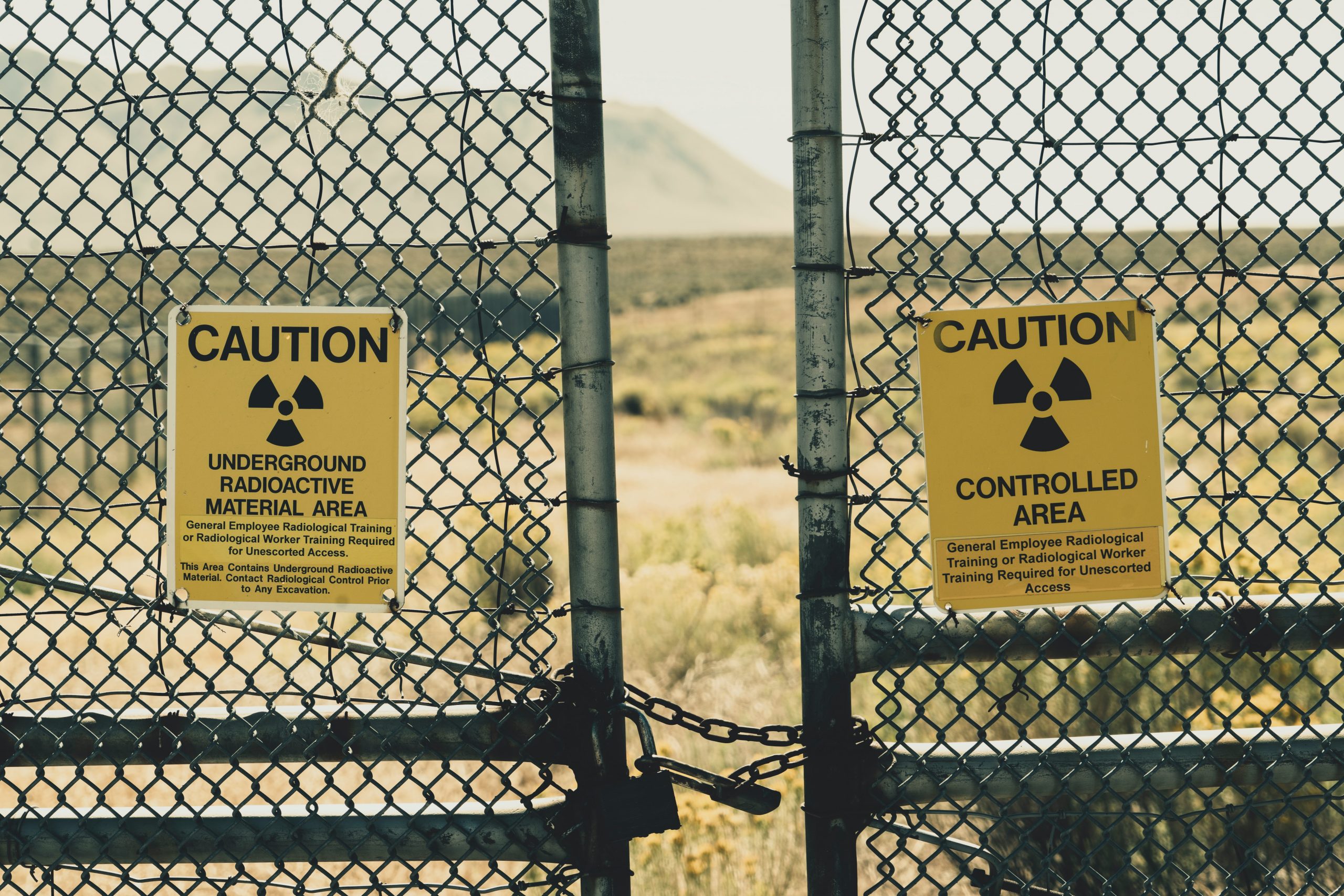
Reforming Nuclear Research Practices in the Marshall Islands
Summary
In the mid-20th century, the United States test-detonated dozens of nuclear weapons in the Republic of the Marshall Islands (RMI). Using the RMI as a test site for nuclear- weapons research allowed the U.S. to better understand the effects of such weapons and their destructive capacities — but at significant cost. Conducting nuclear tests in the vulnerable RMI harmed human health, fomented distrust in research sponsored by the U.S. government, and fueled tensions with the Marshallese. Fallout from the tests undermined U.S. influence in the Pacific, cooperation over ecological restoration, and the reputation of the U.S. research enterprise. Building back relations with the RMI (and other allies that have long supported the United States) is crucial for enabling the Biden Administration to undo the adverse effects of Trump-era policies on international relations and the environment, especially amid rising threats from China and Russia.
To that end, the Department of Energy (DOE) and Department of Interior (DOI) should adopt provisions for conducting nuclear research with and in the Marshall Islands that will: (i) increase transparency and trust in American research concerning the Marshall Islands, and (ii) elevate Marshallese voices in the fight for preservation of their lands. These provisions are as follows:
- All collected data should be translated into Marshallese and shared with RMI officials and relevant stakeholders.
- When appropriate (e.g., when security and privacy considerations permit), collected data should be published in an easy-to-access online format for public consumption.
- All research should be clearly laid out and submitted to the RMI National Nuclear Commission (NNC) in accordance with the NNC’s Nuclear Research Protocol.
- The United States should coordinate with the NNC, the College of the Marshall Islands (CMI) Nuclear Institute, regional agencies, and other relevant nongovernmental organizations and local stakeholders to ensure that local knowledge is considered in the design of nuclear-related research and data projects.
- All possible steps should be taken to include the participation of Marshallese residents in research ventures and operations.
The last remaining agreement limiting U.S. and Russian nuclear weapons has now expired. For the first time since 1972, there is no treaty-bound cap on strategic nuclear weapons.
The Pentagon’s new report provides additional context and useful perspectives on events in China that took place over the past year.
Successful NC3 modernization must do more than update hardware and software: it must integrate emerging technologies in ways that enhance resilience, ensure meaningful human control, and preserve strategic stability.
The FY2026 National Defense Authorization Act (NDAA) paints a picture of a Congress that is working to both protect and accelerate nuclear modernization programs while simultaneously lacking trust in the Pentagon and the Department of Energy to execute them.